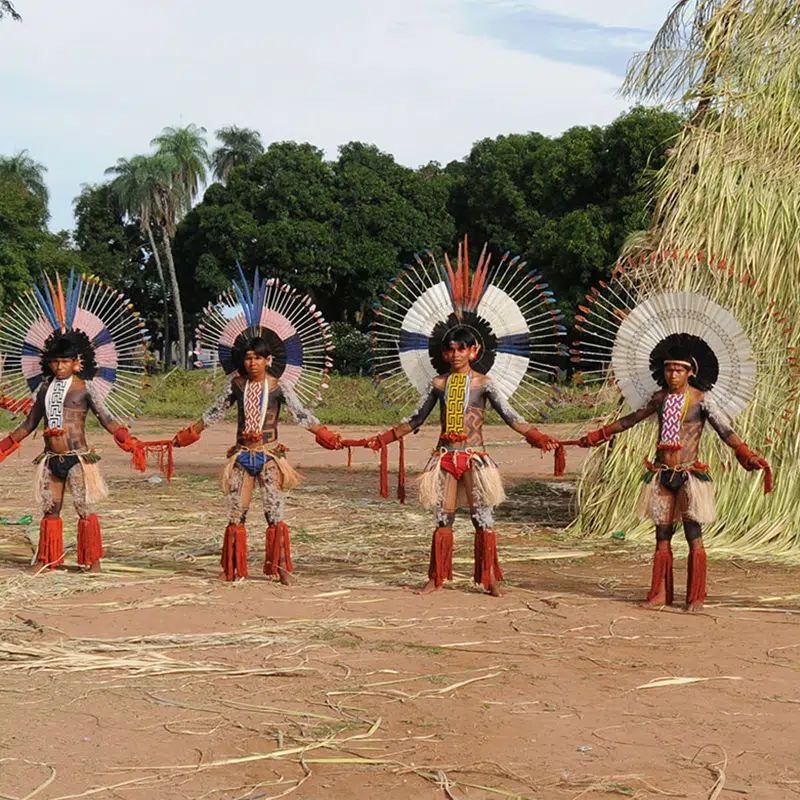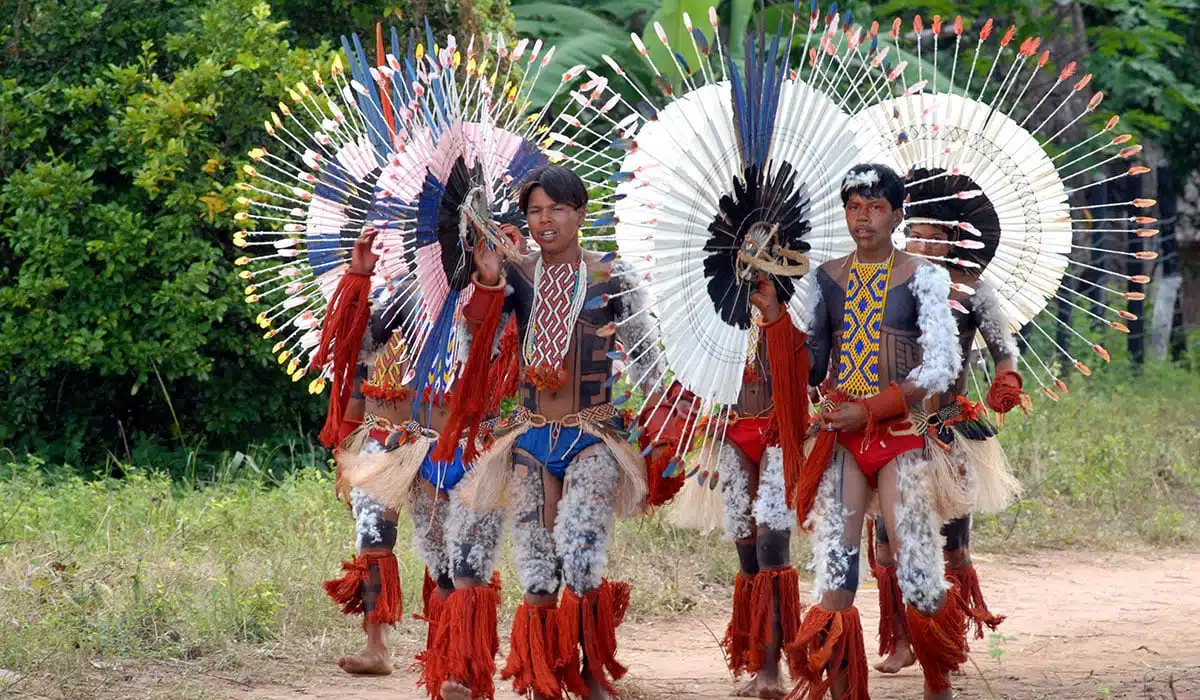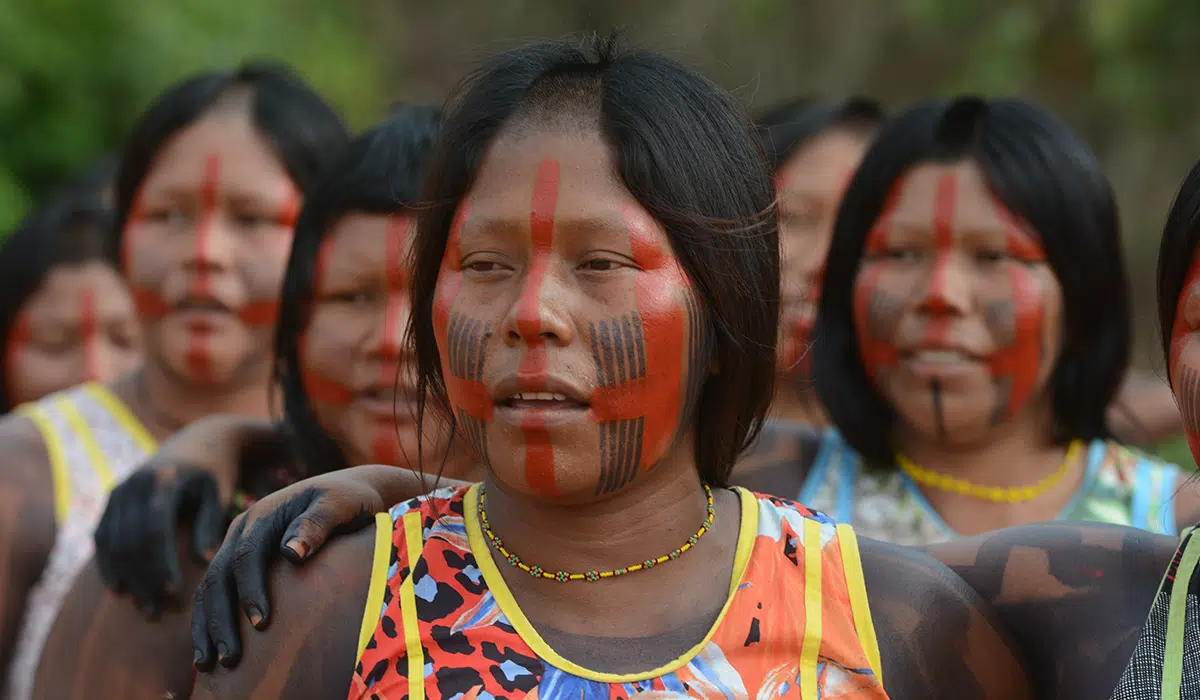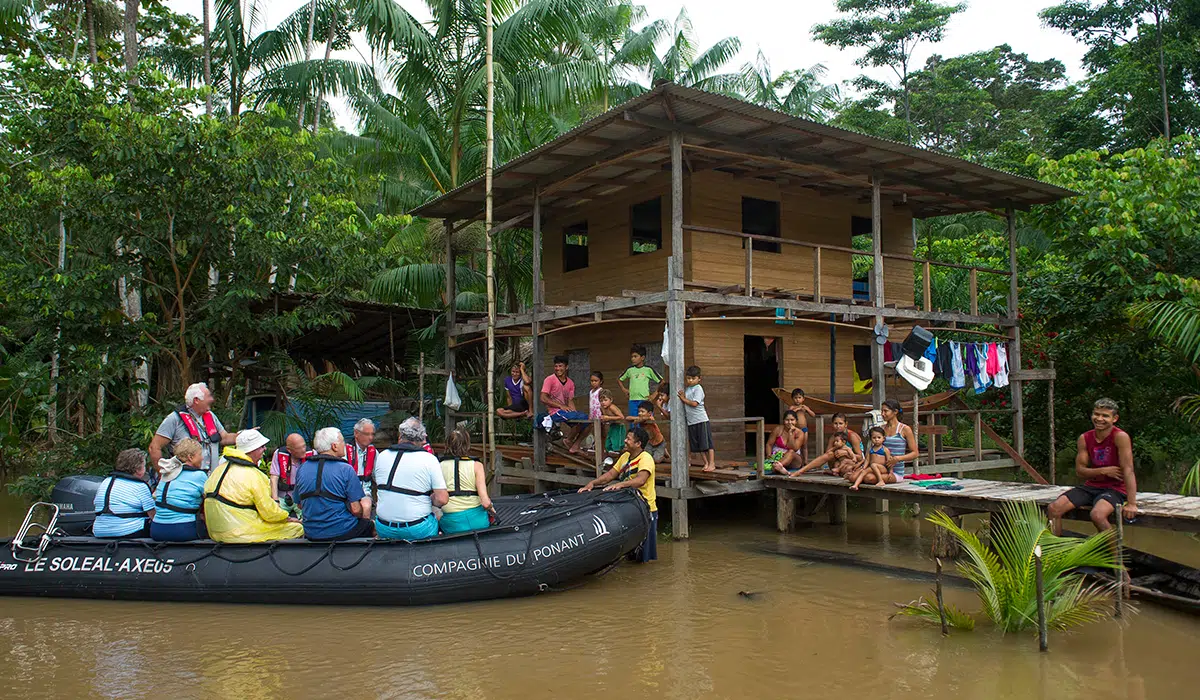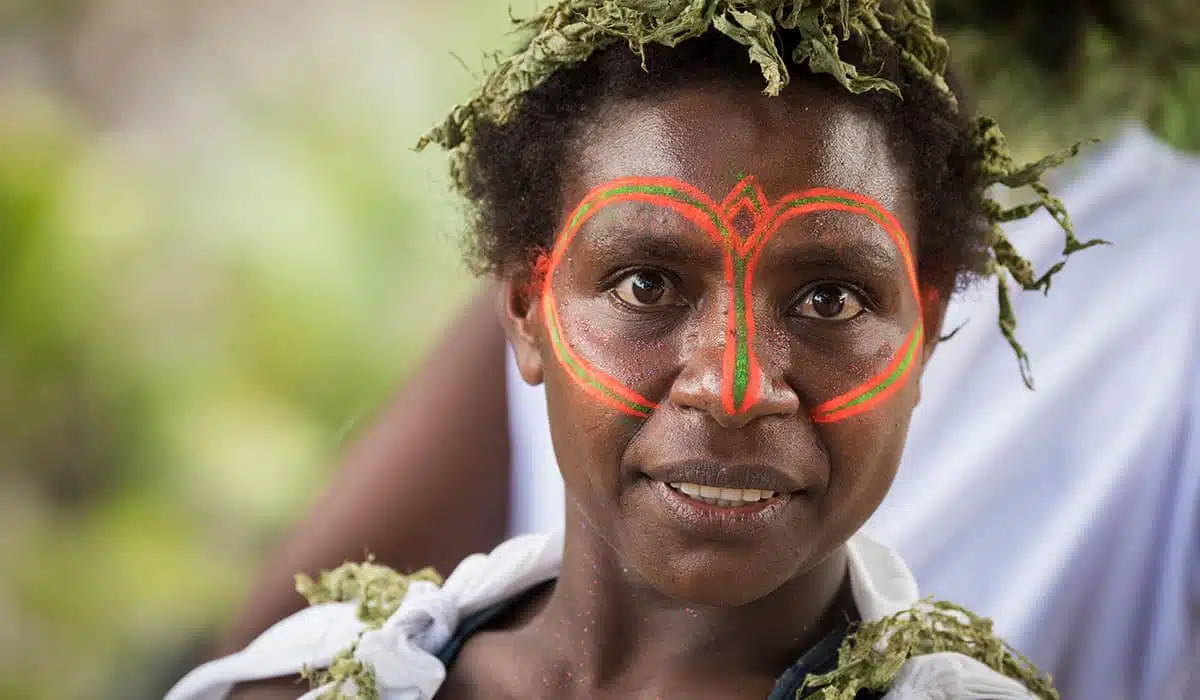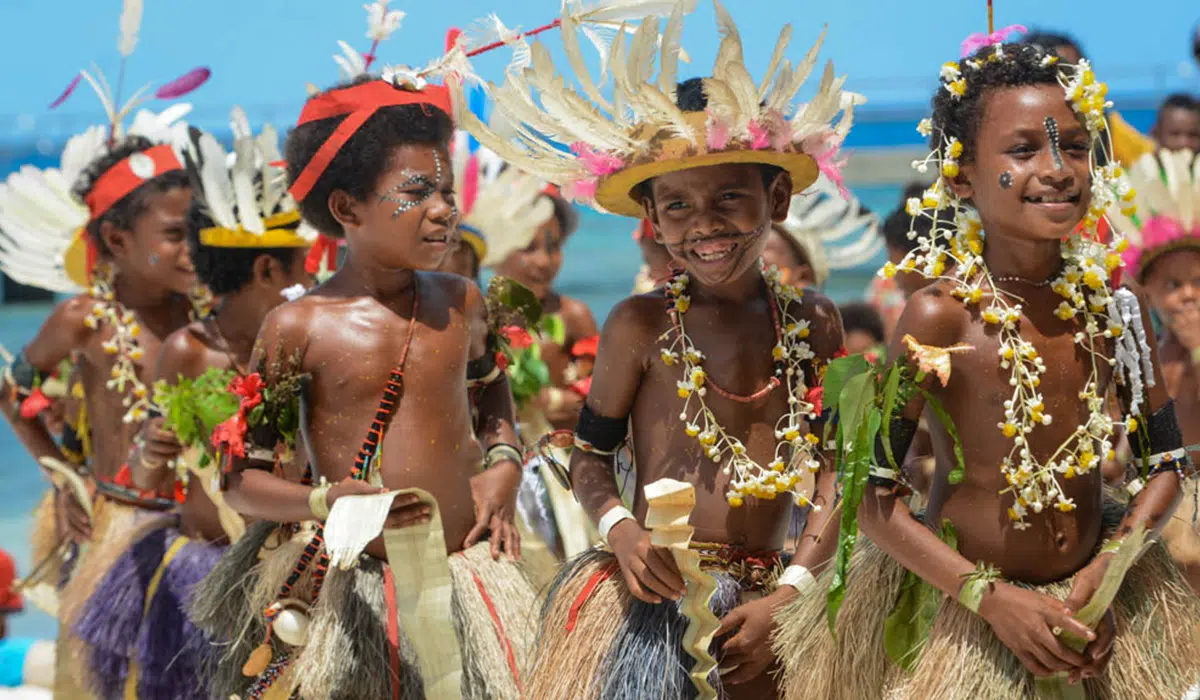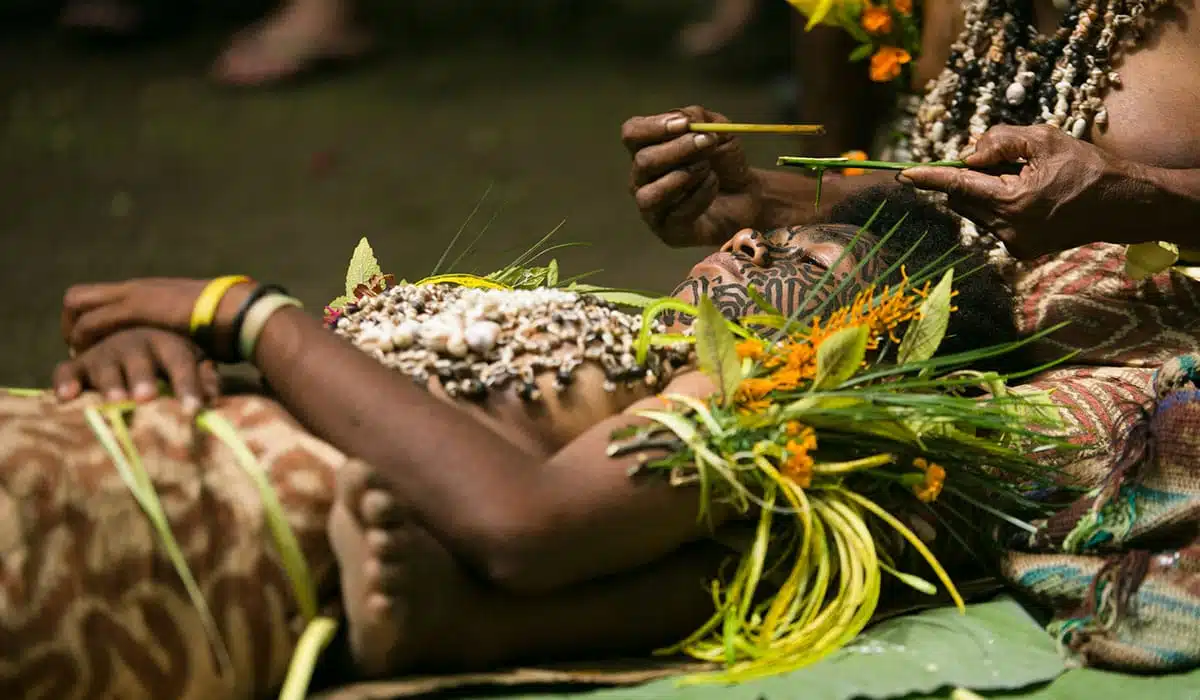Serge Guiraud discusses how Ethno-Tourism helps preserve unique cultures
Photographer, documentary filmmaker and ethnographer, Serge Guiraud, specialises in visual anthropology. He is also one of PONANT’s Naturalist Guides. For more than thirty years Serge has travelled through the Brazilian Amazon basin with the aim of creating a documentary based on this region as well as studying the material cultures of the Amerindians. Given his experience and knowledge on this subject, this makes him the best person to discuss with us the importance of Ethno-Tourism and the need to preserve unique cultures for future generations.
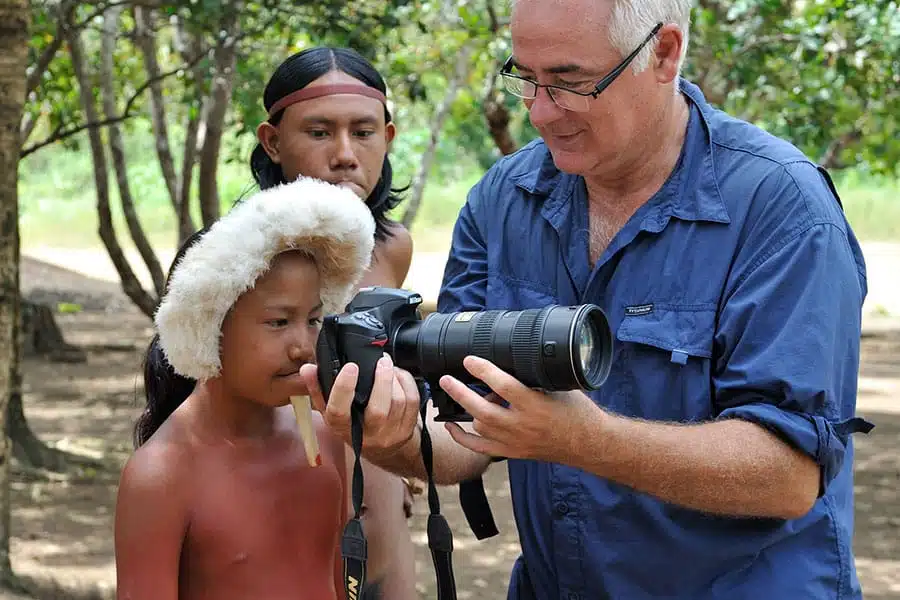
Serge Guiraud: My definition is simple: Ethno-tourism consists of people travelling to meet “other people”, indigenous populations, unlike their own.
If we strictly refer to the definition made by the general public, ethno-tourism would consist of travelling to remote and pristine places to meet societies still today practicing the same cultural traditions of their origins, that are essentially stuck in time. However, this quest for authentic worlds is a fantasy fabricated by 500 years of cultural misunderstandings.
More and more tour operators and cruise lines are including encounters with indigenous populations in their itineraries. To benefit from these experiences though, guests must be briefed well. This is not a question of dismantling their imagination but to provide them with a better understanding of the encounter.
Regardless of the population’s degree of isolation or integration into the natural and social environment, it must be understood that these communities are a contemporary society, they are not frozen in time. Exterior attributes like clothes, watches, laptops, and televisions are nothing more than their ability to borrow these elements from outside their society and integrate them into their culture. These “borrowings” in no way take away from their unique culture and perception of the universe or their way of acting and interacting within their community and with the world around them.
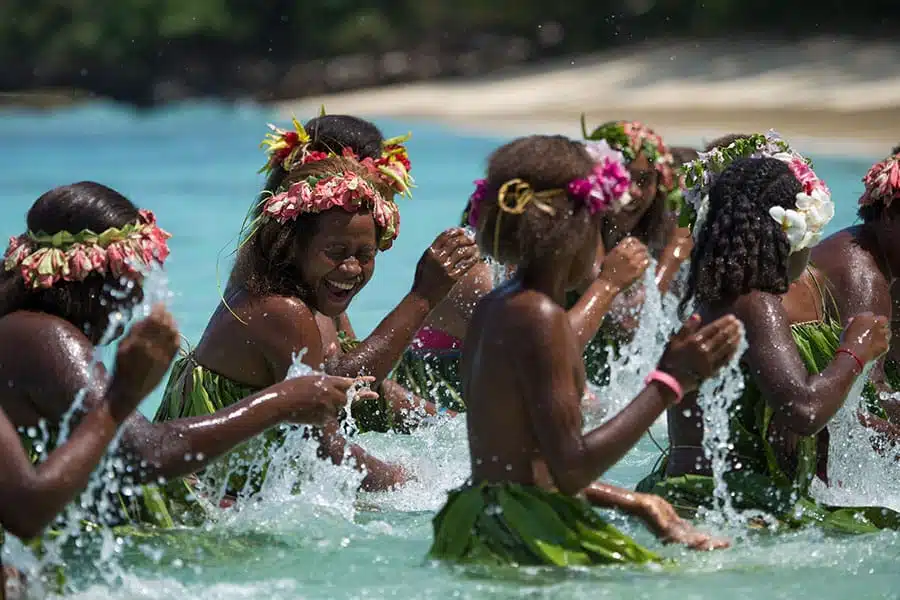
Often the cultural exchange between populations and guests takes place through a ceremony, dance or song. The local people generally wear their “ceremonial clothes”, that is, loincloths, paintings and body ornaments as a way to assert a unique identity and relationship with the universe. These ceremonies performed to guests are usually the re-telling of an “extraordinary moment” in their society, in other words an event that occurred out of the ordinary. These ceremonies and stories are sometimes altered as the performers decide what can be seen by laymen (uninitiated visitors).
Ethno-tourism is not a passive activity, guests are automatically involved in the action: that of observing and sometimes even participating. This observation is not a one-way street, as the guests are also observed by the locals. It goes without saying though, that guests’ behaviour must be respectful.
In this context, PONANT’s team of naturalists play an important role in the success of these encounters. By properly briefing guests, informing and conceptualising the experience, they help them to open their eyes, to stimulate thinking and to break stereotypes. In summary, they make guests aware of the fact that there are different ways of living and inhabiting the earth.
Karaja people, Brazil – © Serge Guiraud – Dancing in Caravelle – Bijagos Archipelago, Guinea Bissau – © Serge Guiraud
– PONANT guests exploring the Amazon river by Zodiac® – © Servane Roy Berton – © Servane Roy Berton – Tanna Island, Vanuatu – © Olivier Blaud – Local children in Trobriand Islands, Papua New Guinea – © Serge Guiraud – Tufi, Papua New Guinea – © Olivier Blaud
From an anthropological point of view, ethno-tourism can be of primary importance in the promotion of a culture. “Coming from so far to see us” can be interpreted as a means of self-valorisation which consolidates or generates cultural dynamism. Our stopover in Ureparapara in Vanuatu is a perfect example. This isolated island has little contact outside their community. PONANT’s visit is a way to break this isolation, even temporarily. The population in turn offers us spectacular dance performances. We have many guests that thank us for visiting this island, grateful for the chance to meet the people and witness their culture.
Sometimes ceremonies that have not been celebrated for long periods are invigorated by the presence of visitors. For example, in the Amazon, an ethnic group that no longer celebrated a rite because of the high cost of its organisation decided to have the ceremony “sponsored” by outside guests. As a result, not only do visitors contribute financially to the organisation of the event, but they also participate actively.
It is important to note that as part of the valorisation process, it is vital that guests who attend any cultural ceremony do not leave until the end, as leaving a ceremony early can be interpreted very badly, seen as disrespectful by the locals, and ultimately result negatively on the communities valorisation.
Ethno-tourism offers a great way to encounter, experience, learn and ultimately gain an understanding of indigenous societies and I encourage all PONANT guests to climb the slopes of Mount Yasur, to learn Water Music in Vanuatu, to explore the mangroves of Tufi in Papua New Guinea, sitting in a outrigger canoe, and to move to the rhythms of the percussions played at a “Baining Fire Dance” in New Britain, which resound through the night.
Photo credit: © Olivier Blaud & © Serge Guiraud
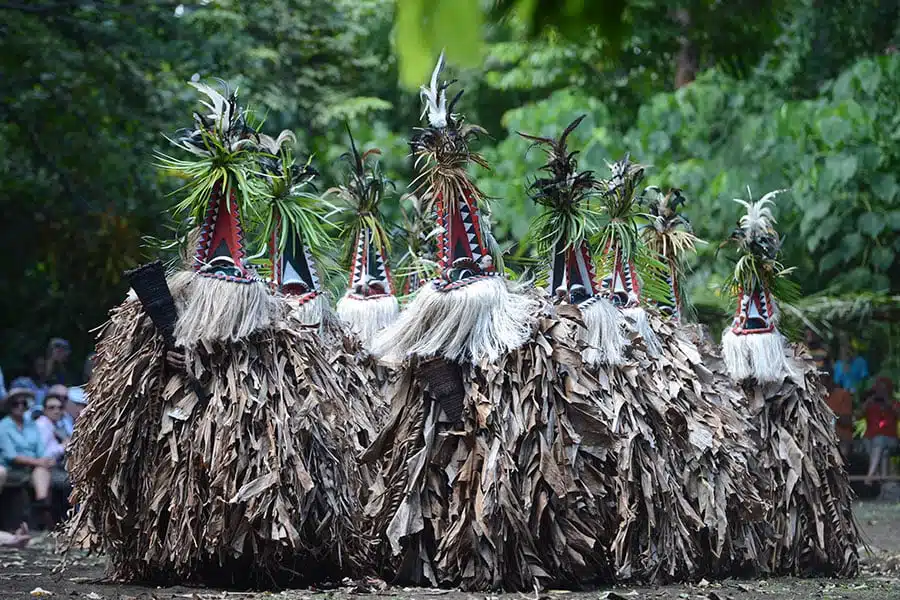
Get to know Serge
Serge Guiraud is an ethnographer who specialises in visual anthropology. Since 2006, Serge has headed a project on the Amerindian populations of Brazil, engaged in a program of the reappropriation of their cultural heritage and is also the founding President of Jabiru Prod, an association which collaborates with Brazil tribal populations to help preserve the heritage of their culture, through the collection, broadcasting and archiving of video footage. In 2010, the Museum of Natural History of Toulouse entrusted him with field missions of enrichment of the extra-European collections in Central Brazil. Serge has also collaborated with the natural history museums of Lille, Grenoble, La Rochelle and Lyon to acquire ethnographic collections and to organise exhibitions. He is the author of about thirty films, two books on the Amazon and publications for various magazines. Serge has been sailing aboard PONANT ships since 2010 as a Naturalist Guide, first in South America, and then in the South Seas, notably in New Guinea and Australia.
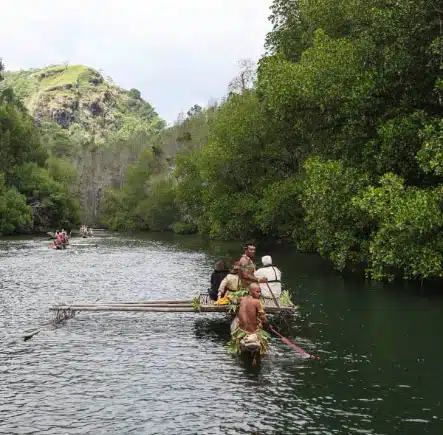
Embark on your own ethno-tourism adventure
Join PONANT on a tropical expedition to remember.

